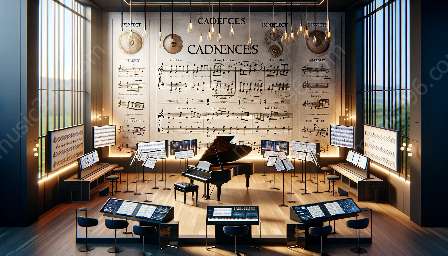Introduction
Jazz music is characterized by its rich and complex harmony. The application of diatonic chords in jazz has a significant impact on the sound and improvisational nature of the music. In this article, we will explore how diatonic chords are used in jazz harmony and how they serve as a foundation for improvisation.
Diatonic Chords in Music Theory
In music theory, diatonic chords are chords that are built from the notes of a diatonic scale. In the context of jazz, the most commonly used diatonic scale is the major scale. When we build chords from the notes of the major scale, we get a set of diatonic chords that form the harmonic landscape of the music.
Application in Jazz Harmony
One of the key aspects of jazz harmony is the use of extended and altered chords. Diatonic chords provide a solid foundation for the construction of these more complex harmonies. In jazz, diatonic chords are often used as the basis for chord progressions, providing a framework for harmonic movement and creating tension and release.
Improvization and Diatonic Chords
When it comes to improvisation, knowledge of diatonic chords is crucial for jazz musicians. Understanding how diatonic chords work within a harmonic progression allows musicians to create melodic lines that complement the underlying harmony. Additionally, knowing the diatonic chord options for a given key enables improvisers to navigate the chord changes with fluency and creativity.
Color and Texture in Jazz
The application of diatonic chords adds depth and color to jazz music. By using diatonic chords as the foundation, jazz musicians can explore various levels of harmonic complexity and create a rich tapestry of sound. This contributes to the unique and captivating nature of jazz music.
Conclusion
Diatonic chords play a central role in jazz harmony and improvisation, serving as the building blocks for harmonic progressions and providing a framework for creative expression. By understanding the application of diatonic chords in jazz, musicians can elevate their playing and contribute to the distinctive sound of this beloved musical genre.

















































